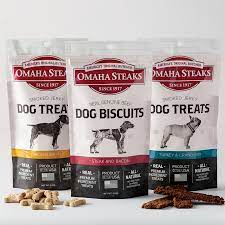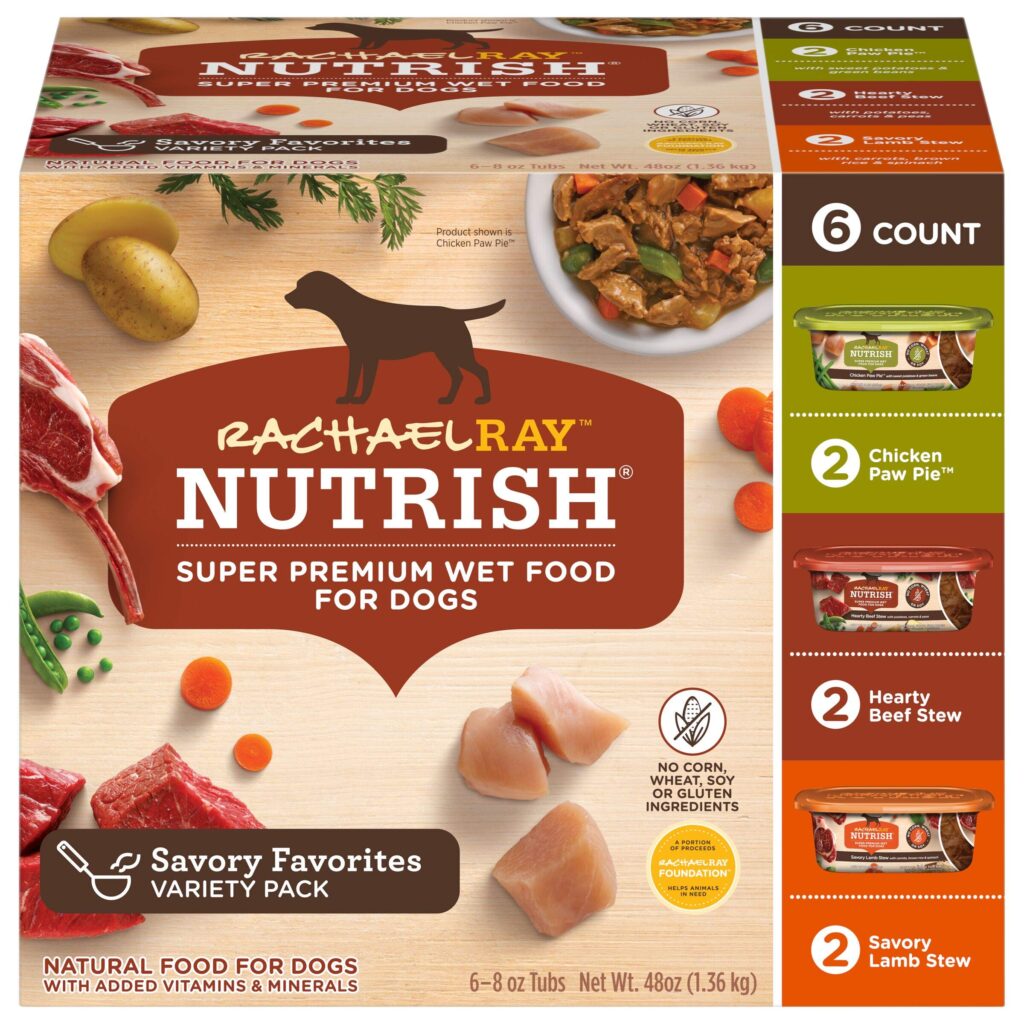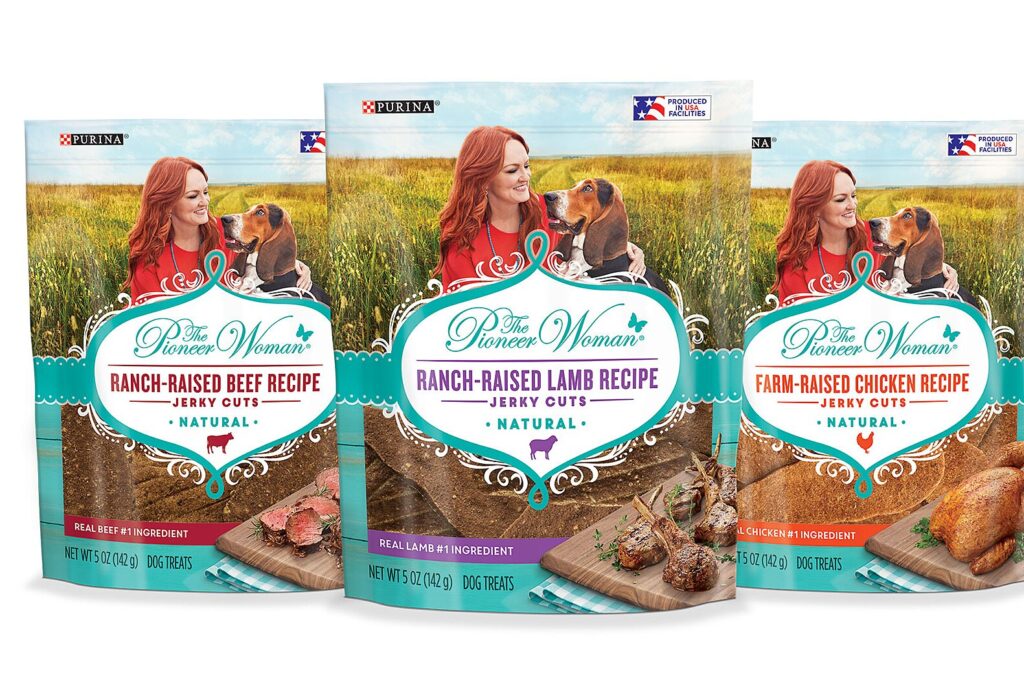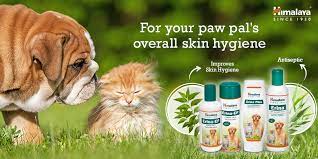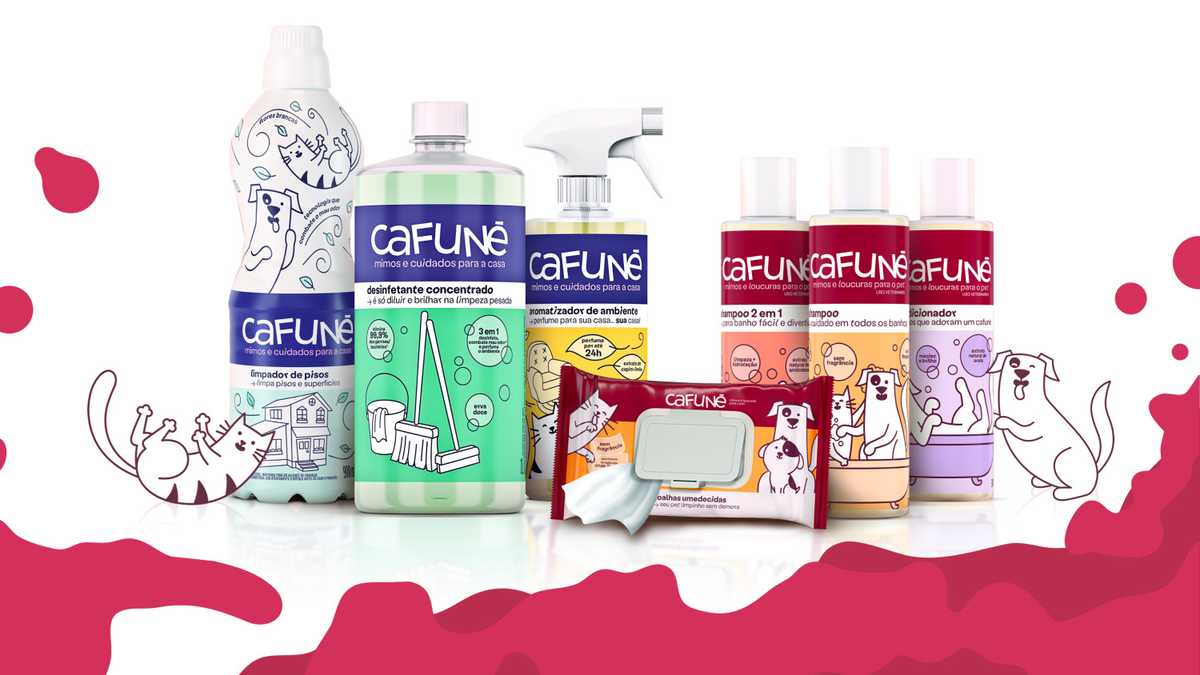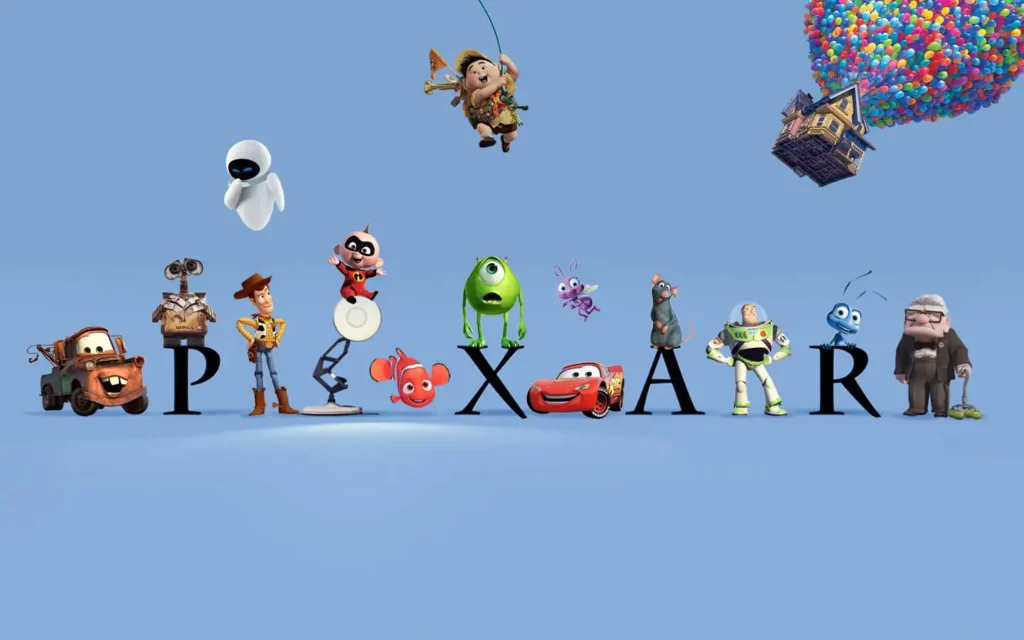‘Petization’ of Human Brands

Many human brands are now foraying into the pet space by extending their brand equity. The trend I call Petization of Human Brands.
As human companies transition into dog, cat, and other pet items, the border between human and pet food continues to blur.
Clif Bar, an energy bar company, aims to launch a plant-based pet snack named Clif Pet in early 2022. The pet treat will begin with three types of dog nibbles, with hopes to expand the pet portfolio soon. Clif’s in-house Trailblazers Incubator, which focuses on sustainable entrepreneurship, will launch the pet treat brand as its debut endeavour.
Clif Bar is following in the footsteps of other human consumables businesses that have entered the pet food and treat market.
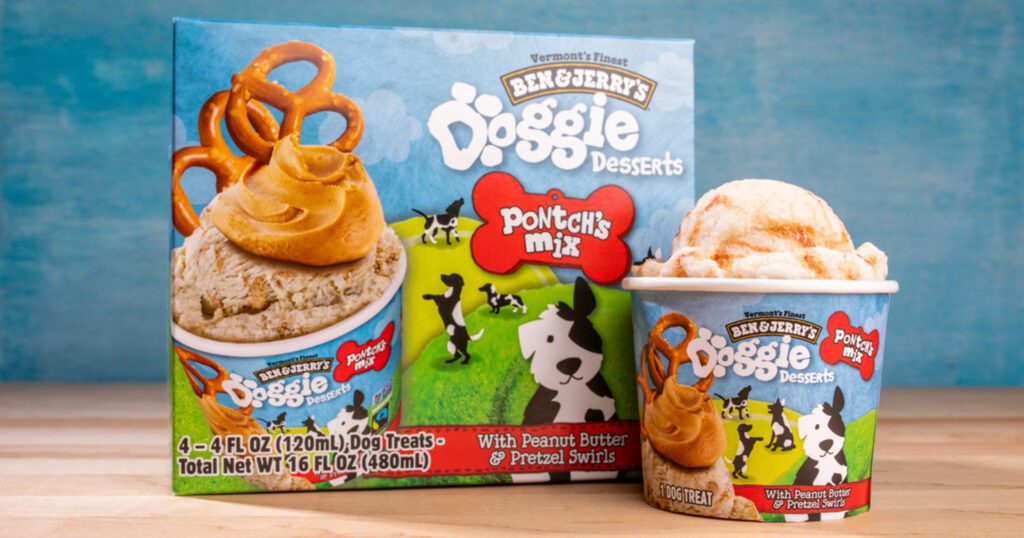
Ben & Jerry’s, the famed superpremium ice cream brand, debuted Doggie Delights ice cream for dogs earlier this year. Pontch’s Mix and Rosie’s Batch are the two varieties of dog ice cream available in individual cups or four-packs. Pontch’s Mix has a peanut butter flavour with pretzel swirls. Rosie’s Batch is flavoured with pumpkin and mini-swirls. Doggie Delights can be found alongside Ben & Jerry’s standard flavours or other frozen pet treats in stores.
What’s in a name, anyway? When it comes to branded products, a well-known name provides credibility.
While many household names are connected with pet food — Purina, Pedigree, Iams, and Whiskas, to mention a few – well-known human food brands are increasingly venturing into the pet industry. Brands that represent well-known public people, as well as long-established corporations with significant roots in human meals, are among the newcomers.
The cross-industry infiltration reflects both the increasing humanization of pets and the rich prospects presented by the pet sector.
The humanization of pets is driving trends in the pet food sector that are similar to those seen in the human food and beverage industry.
This alignment with trends creates a brand alignment. Following the COVID-19 global health crisis and ensuing home quarantines, the market is particularly ripe for these new options.
With a larger pet population comes increased spending on pet supplies, such as treats and feeds from well-known brands.
Tally-Ho, a line of functional water enhancers for dogs, was recently launched by Ocean Spray Cranberries, Inc. through its Lighthouse Incubator.
Human companies with a reputation for quality, appeal to pet parents, particularly newer pet parents.
First-time pet owners are frequently confronted with new conditions and decisions they have never addressed before. Similar to human parents making decisions for their first child, these new pet parents seek advice from professionals — other pet owners, veterinarians, and renowned businesses — to help them make informed selections. This is also why well-known brands and retail private labels that consumers recognise and trust are crucial.
In addition, changing market dynamics have allowed more human brands to succeed in the pet industry. Some CPG leaders have brought pet brands from the human brand world, and venerable CPGs have acquired pet product portfolios.
The acquisitions of Blue Buffalo by General Mills and Rachael Ray’s [Nutrish brand] by Smucker are examples of large CPG companies. Human food companies know that the distinctions between what’s good for me/my family and what’s good for my dog are blurring. The brands have a clear possibility to expand their equities into the pet sector.
Omaha Steaks, a well-known corporation that has expanded its brand equity to the pet market, debuted a line of all-natural pet treats in 2018. It is said that their range of dog treats is meticulously created with the same high-quality ingredients. The trademark product boxes have the same butcher-quality aesthetic as the packaging. By adding quality dog treats to their product mix, Omaha Steaks saw an opportunity to offer more clients from the same household. It was a natural progression for this Omaha, Nebraska-based company to branch out into pet items.


Ree Drummond New Dog Treats. Courtesy of Purina
Celebrity chefs and personalities are getting into the pet food business as well, leveraging their human brand equity. Rachael Ray’s Nutrish pet food line, which is part of The J.M. Smucker Co. in Orrville, Ohio, comprises dry and wet food, soft meat snacks, chews, and dental treats for dogs and cats. New SuperMedley recipes with extra vitamins, minerals, and taurine, as well as broths for cats, have been introduced to the portfolio.
Ree Drummond, a cookbook author and TV personality, has expanded her Pioneer Woman brand to include pet products. Nestlé Purina PetCare, based in St. Louis, collaborated with The Pioneer Woman to create a line of culinary-inspired dog snacks and chews, including bacon, apple, and maple “waffles,” as well as beef and brisket BBQ-style goodies.
Beyond retail sales, some popular human restaurants are selling real packaged products for dogs instead of doggie bags for leftovers. For example, several Shake Shack locations sell a “Shackburger” dog biscuit manufactured with all-natural ingredients by Bocce Bakery.
Closer to home, Himalaya, one of the most well-known human-care companies, entered the animal-care market many years ago. They’ve also launched kibble in the last few years, indicating that they’re still interested in the area.
Drools’ creators were originally in the poultry sector before deciding to expand into pet food — a vertical integration.
Many human brands are contemplating their entry into the pet care sector as we speak. Mankind Pharma, according to rumours, is seriously considering it, as are some new age corporations.
Many of the major pet care brands are, without a doubt, based on well-known human brands. Pedigree and Royal Canine are owned by Mars, Ralston Purina is owned by Nestle, and Cafune is owned by Unilever.

